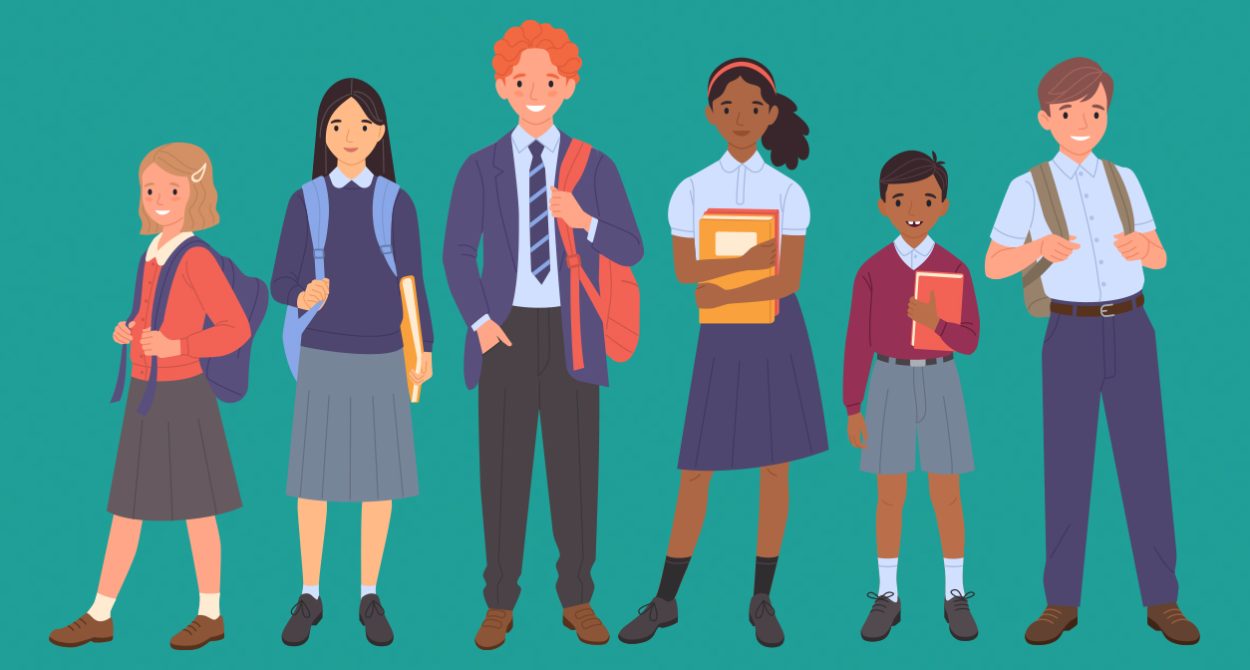
There are many ways of looking at what makes a good lesson great. But one of the most powerful is to consider the difference between a lesson in which learning happens and a lesson in which learning is supercharged.
In great lessons, learning happens at a pace and to a depth that is not necessarily seen in good lessons. That is not to denigrate good lessons. In good lessons, learning takes place, students make good progress and the whole endeavour of teaching is a success.
When it comes to teaching a great lesson though, the difference is palpable – and is often felt most clearly by the teacher themselves. To illustrate this point, consider some of the great lessons you’ve taught recently. Those lessons when everything clicked, you and the class rattled through a host of material at a fantastic pace, and student learning went way beyond your expectations.
In these lessons, we can identify a few significant differences compared to the good lessons we teach.
There is a sense of shared purpose in the room, between teacher and students. Everyone is working together towards the same goal. Motivation is maximised.
Learning is everybody’s focus. While the teacher drives the lesson, it is learning that keeps everybody’s attention. And this often means the teacher is in more of a facilitative role, while students are highly engaged with the tasks that have been planned and the content they’ve been asked to explore. While this is happening, the teacher is freed up to circulate, using their expertise and skill to support as many learners as effectively as possible.
The level of challenge is high, for all learners, and remains so from beginning to end. Sometimes this means the challenge teeters on the borderline of just about doable versus just out of reach. This level of challenge helps learners to push back the boundaries of what they can do, creating a new frontier of knowledge and understanding. Great lessons often entail going beyond that with which learners are comfortable, and, in the process, pushing them to deal with new challenges and unfamiliar ideas, skills or content.
Learners know what they are trying to achieve and what they need to do to be successful, and this has been communicated with clarity by the teacher. This means effort in the classroom is channelled effectively. There is certainty in learners’ minds about how they need to focus their energies, why this is necessary and what they need to do to succeed.
The teacher recognises part of their role is to give students access to their expertise – through feedback, modelling, scaffolding and verbalisation of their own thought processes. By doing this, the teacher helps students to refine and improve their own efforts. This means the use of time and energy in the lesson becomes ever more precise and focussed.
It’s not always possible to teach a great lesson – and good lessons day after day will help all learners to develop and excel – but striving to achieve the different features of a great lesson, as outlined above, can help any teacher to have a greater and greater impact on their students and on the learning that happens in their classroom.
Mike Gershon is a popular blogger and resource creator. Mike’s resources have generated close to 1 million views and downloads through the TES Resources website and the Guardian Teacher Network.